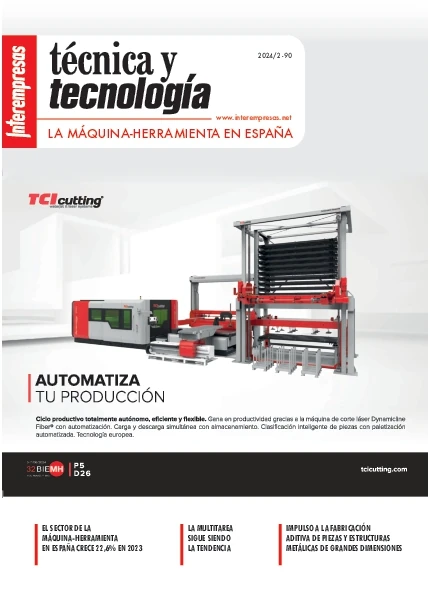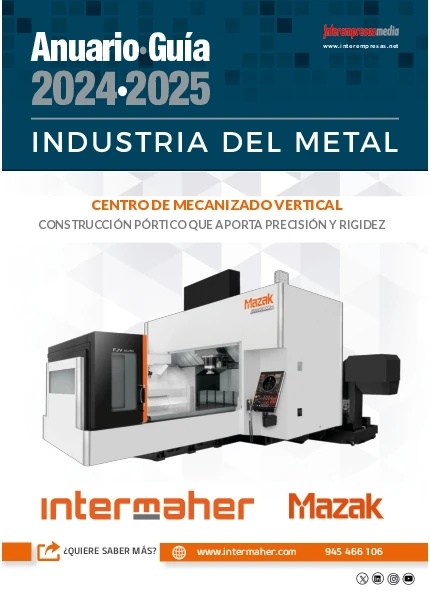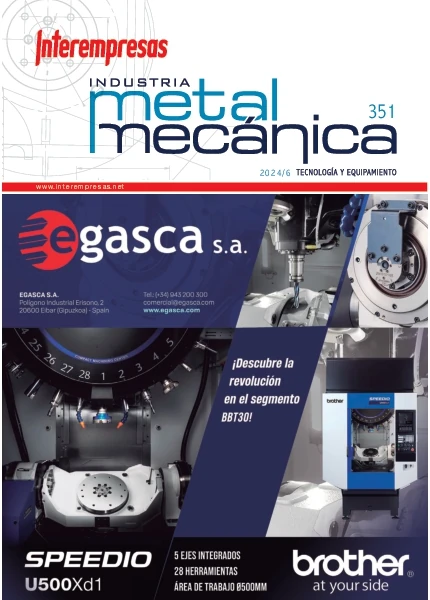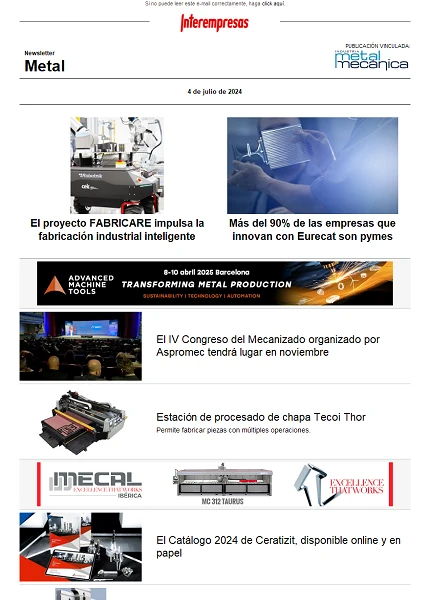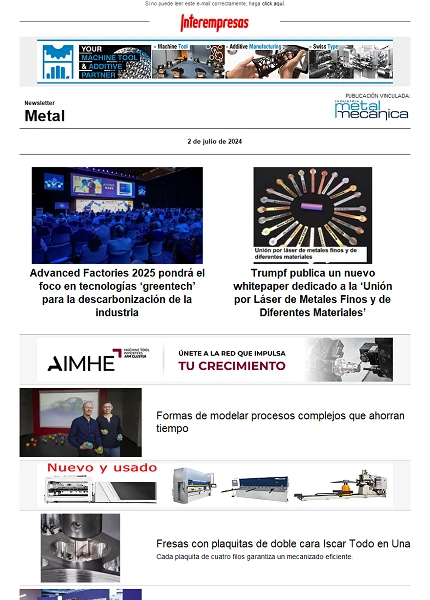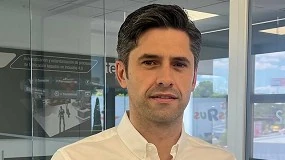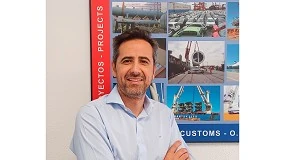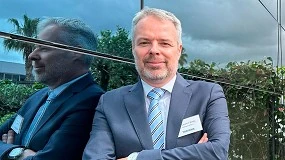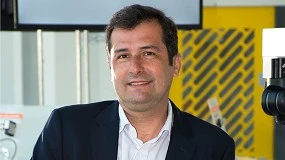Sustainable industrial and technological parks
Gaiker technology centre.01/12/2004
One of the main factors that affect the conditions of quality of life of the cities is the presence of industrial infrastructure in the vicinity of the same. The negative consequences of this location include, among others, the congestion of traffic, destruction of the natural habitat or social problems associated with unemployment and the deterioration of the quality of life. In this context was born the term ecoparc or sustainable industrial park, which aims to define a business community of industry cooperating each other sharing resources to achieve social and environmental improvements of balanced economic development.
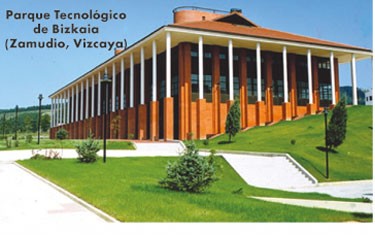
However, in the framework of the current overall strategy towards a sustainable development of society, the European Union promotes the adoption of criteria and tools to improve the living conditions of citizens in balance with economic progress and respect towards the environment.
One of the main factors that affect the conditions of the urban areas is the nearby presence of industrial infrastructure. In recent decades, industries have been moved from the centres of cities towards the vicinity of these so-called parks of technological and industrial activity. This fact has brought about various adverse consequences, including:
- Increase and congestion, especially in certain time slots;
- Deterioration of the natural habitat: fragmentations of ecosystems, increased pollution and resource consumption;
- Deterioration of the administración-industria link, with the consequent generation of conflicts and the rise of the disinformation of the local authorities on industrial processes;
- Social problems associated with unemployment due to changes in economic activity (in the primary sector to the tertiary, etc.).
In this sense, there is the need to design strategies to proper integration of the industrial and technological parks in the comprehensive approach towards sustainable development. These strategies should promote economic growth in the region in line with an improvement in the quality of life of citizens and a respect for the environment.
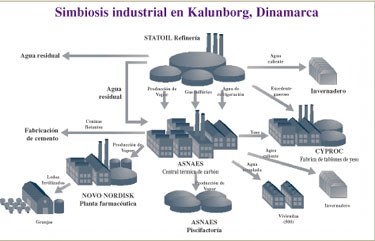
In this context, and at European level the project Ecopadev, where Gaiker participates as a researcher was developed and that
It proposes the development of a methodology that facilitates the management of the areas to local authorities on the basis of the concept of industrial ecopark.
The first reference to the creation of a system of interactions between various industries located in an area in common is situated in the industrial park Kalundborg (Denmark). The successful experience has led to an increase in the political and administrative support to the implementation of this strategy. However, few are tools Governments need to systematize the implementation of these management systems in industrial areas.
Project Ecopadev
- Sustainable management of the natural environment and resources, including aspects such as the prevention and minimization of pollution and waste recycling.
- Prevention and minimization of risks.
- Management of materials and production processes.
There are two types of target audience for the developed methodology: the Governments and/or the bodies responsible for the management and planning of industrial areas and activity technology.
The interaction between administration and industry promoted by the methodology aims to generate various positive results both in the economic and social field and in the environmental field. These positive results potentials include the following:
- Job creation through the development of new technologies and the creation of incubators for companies (business incubators).
- Promotion of public participation through the impetus of the definition of policies involving the direct involvement of citizens in the progress of the community towards sustainable development.
- Creating a connection to schools, different local organizations (NGOs, etc.), universidades… These connections can lead to collaboration between them to generate various activities as a conclusion of practices for the students, summer jobs, seminars and courses, etc.
- Provide services, facilities and activities to the local population (days of open doors, restaurants, hotels)
- Creation of systems for the exchange of materials between different companies; by-products or waste in a company may be exploitable on other feedstock.
- Promote new technologies and the definition of "benchmarking" between companies.
- Reducing the consumption of water, raw materials and energy, improving the efficiency of its use.
- The needs for infrastructure and transport planning with the gradual growth of the Park, distinct economic growth in the region of the needs of transport of the same.
- Reduction of the generation of waste and spill liquid and atmospheric pollutants through the generation of networks for the exchange of by-products among companies and implementation of pollution prevention techniques in origin (eco-design, plans of minimization, etc.).
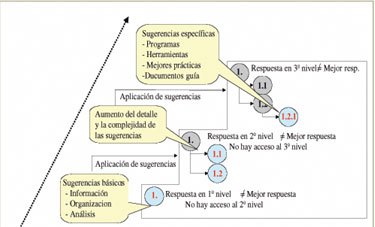
suggestions for improvement.
Elements of the methodology
The tool allows an assessment of the initial situation in every area under study. Based on the weak points detected, the tool provides a set of suggestions for improvement, adapted to the level of progress of each user. It is therefore an interactive system of continuous improvement toward sustainability. These features make it adaptable to any type and characteristic of activity industrial or technological park.
Assessment tool consists of the following elements: a questionnaire for the collection of information, divided into five major thematic blocks, an evaluation of the information system, a compilation of simplified suggestions for improvement, a selection of indicators, a systematic creation of situation scenariosa database of values by default, a system of local references and a glossary of terms to clarify technical terms related to the questionnaire.
A model of structure of internal management for parks was designed with the aim of optimising the use of the computer tool. The proposed structure model recommends the establishment of various working groups with distinct but complementary activities that facilitate the implementation and subsequent maintenance of the strategy towards a model of sustainable development in the Park. In addition, the definition of criteria for the resolution of conflicts of interest that could be created between the different agents involved in the strategy was added.
Implementation of the tool
The greater found problematic has been the lack of resources of information by the management bodies of parks. However, this difficulty has led to the knowledge of the limits of the existing lack of control to industrial processes, and as a result several systematic search and compilation of information have been implemented.
Another of the main conclusions noted that the existing conflicts between the administración-industria improve apparent with the introduction of the methodology, because results carry a number of useful suggestions for all actors. They also impact positively on the quality of life of the surrounding towns.
In a final synthesis exercise, the participants concluded that the methodology developed, including both the tool and the structures of management proposals, presents a progress towards the implementation of a model of sustainable development in the management of industrial areas.
Taking into account these positive results, is currently working for the dissemination of the methodology developed by other European technological and industrial parks.
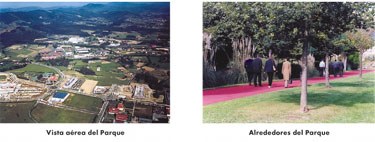
Bibliographic references:
- Ondategui, JC. Science parks and innovation in Spain; Fifteen years of experience. Industrial Economics, no. 346; 2002. http://www.mcyt.es/asp/publicaciones/revista/numero346/147-160.pdf
- Spohn, SG. Eco Industrial Parks Offer Sustainable Base Redevelopment. Smarth Growth Network, 2002.
- Eco Industrial Development: Eco-industrial parks, bio-refineries, renewable energy and zero-waste opportunities for Lane Country. Institute for Sustainable Development. University of Oregon. 2003.


